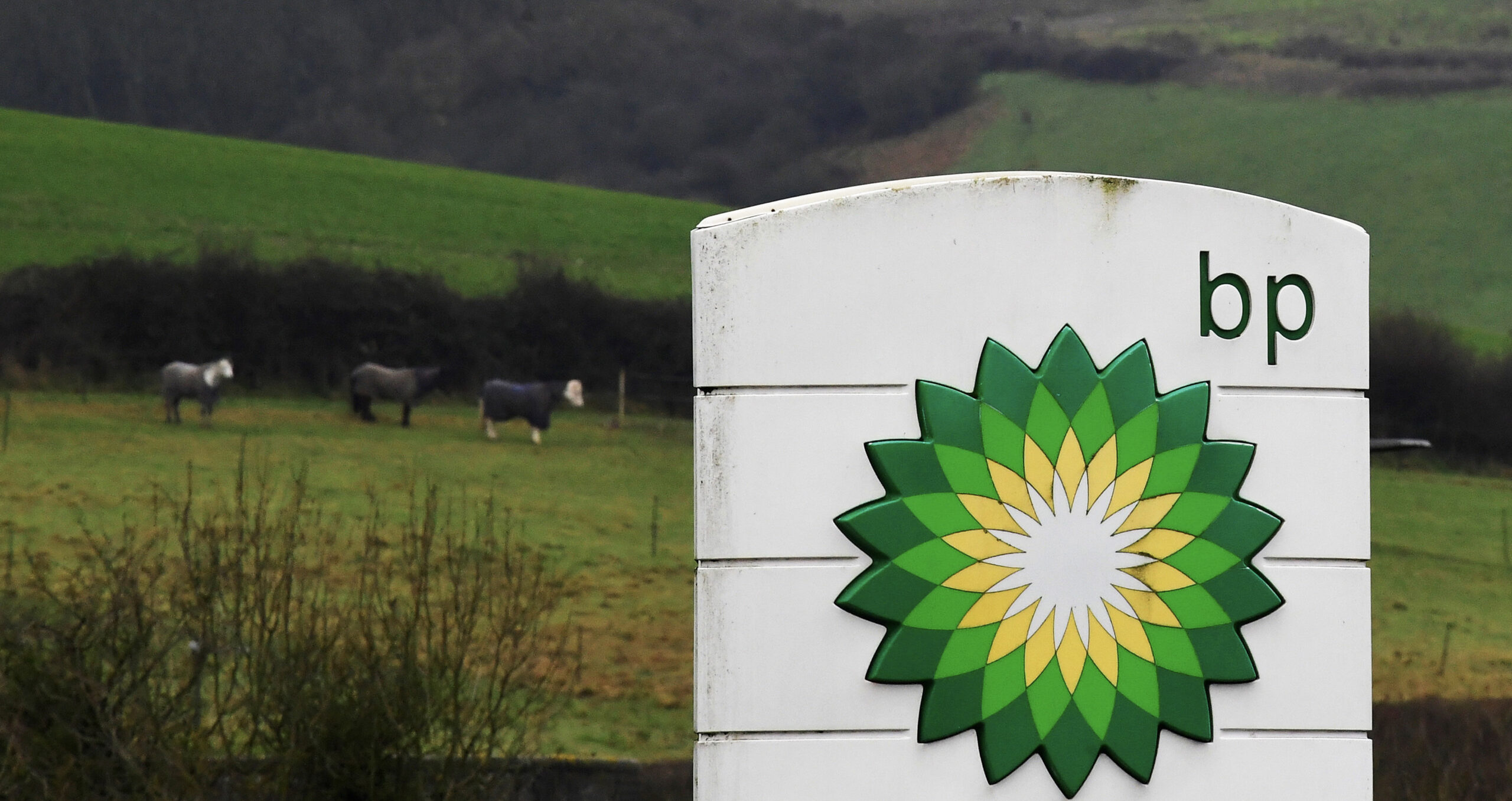

The IPPR has accused BP of ‘driving up prices and profits’ after the oil major beat profit expectations for the first quarter.
After the release of oil major BP’s quarterly results, the Institute for Public Policy Research, a think-tank, noted that the higher-than-expected profits came at a time of sustained hardship for UK households and accused the London-based group of putting investors’ interests ahead of those of consumers and BP’s own net zero goals.
The oil giant has faced pressure over its climate strategy, with the sector having banked huge profits after commodity prices soared following Russia’s invasion of Ukraine last year.
On May 2, BP announced that it had generated $8.2bn in profit over the first three months of 2023. The figure was lower than the $10.8bn it reported for the last quarter of 2022, but beat forecasts.
“BP continues to profit from the cost of living crisis,” said Joseph Evans, researcher at the IPPR. “While some UK households spent the winter facing the bleak choice between heating or eating, BP continued to exploit the geopolitical fallout from the war in Ukraine — driving up prices and profits.”
UK electricity prices increased by 66.7 per cent in the year to March 2023, according to the Office for National Statistics, while gas prices soared by 129.4 per cent over the same period.
“Instead of using these profits to invest in net zero or reduce costs for consumers, BP is transferring an outrageous sum of wealth from ordinary households to [its] investors,” Evans said.
The company also said that $1.75bn in share buybacks would be carried out before its second quarter results are announced; this figure, however, is down from the $2.75bn in buybacks agreed for the fourth quarter of 2022.
“The USA and Canada have already taken action on excessive shareholder payouts. It’s long overdue for the government to follow suit by introducing a tax on share buyback schemes,” said Evans.
A new 1 per cent tax on buybacks was approved in the US last year as part of the Inflation Reduction Act in response to the cost of living crisis. President Joe Biden has proposed lifting this tax to 4 per cent.
Instead of using these profits to invest in net zero or reduce costs for consumers, BP is transferring an outrageous sum of wealth from ordinary households to [its] investors
Joseph Evans, IPPR
BP has slowed the pace at which it is reining in its oil and gas production and is now aiming to reduce its output by 25 per cent by 2030, compared with a previous objective of 40 per cent set against a 2019 baseline. However, it has also committed to increase its investment in “transition” activities by the end of the decade.
In the run-up to its annual meeting in April, proxy adviser Pensions & Investment Research Consultants recommended that investors vote against the re-election of BP’s chair Helge Lund and the approval of its report and accounts over its perceived failure to address climate risks with adequate targets. There was a 9.6 per cent vote against Lund’s re-election.
The oil industry has been criticised repeatedly over its commitment to renewables. Less than a quarter of the industry’s capital expenditure last year went towards renewable energy, according to a study by activist group Reclaim Finance.
This opposition is manifesting itself at the oil companies’ AGMs. In February, a group of UK public pension funds said that it would vote against the re-election of oil producers’ chairs over their failures to meet climate targets.
ShareAction’s head of UK policy, Fergus Moffatt said: “BP have once again recorded enormous profits. It’s time for investors to decide if they’re simply interested in the increase in the price of their investment or the value of protecting people and planet.
“Investors must use their influence to bring pressure on BP to transition their business model from the exploitation of fossil fuels to cleaner energy sources. Failure to do so will result in a broken planet where both people and species will struggle to survive.”
Quilter Cheviot equity analyst Jamie Maddock said that though higher than expected, BP’s decrease in earnings, which is attributable to lower commodity prices, “may spell good news for households suffering with huge energy bills at the moment”.
BP declined to comment.

